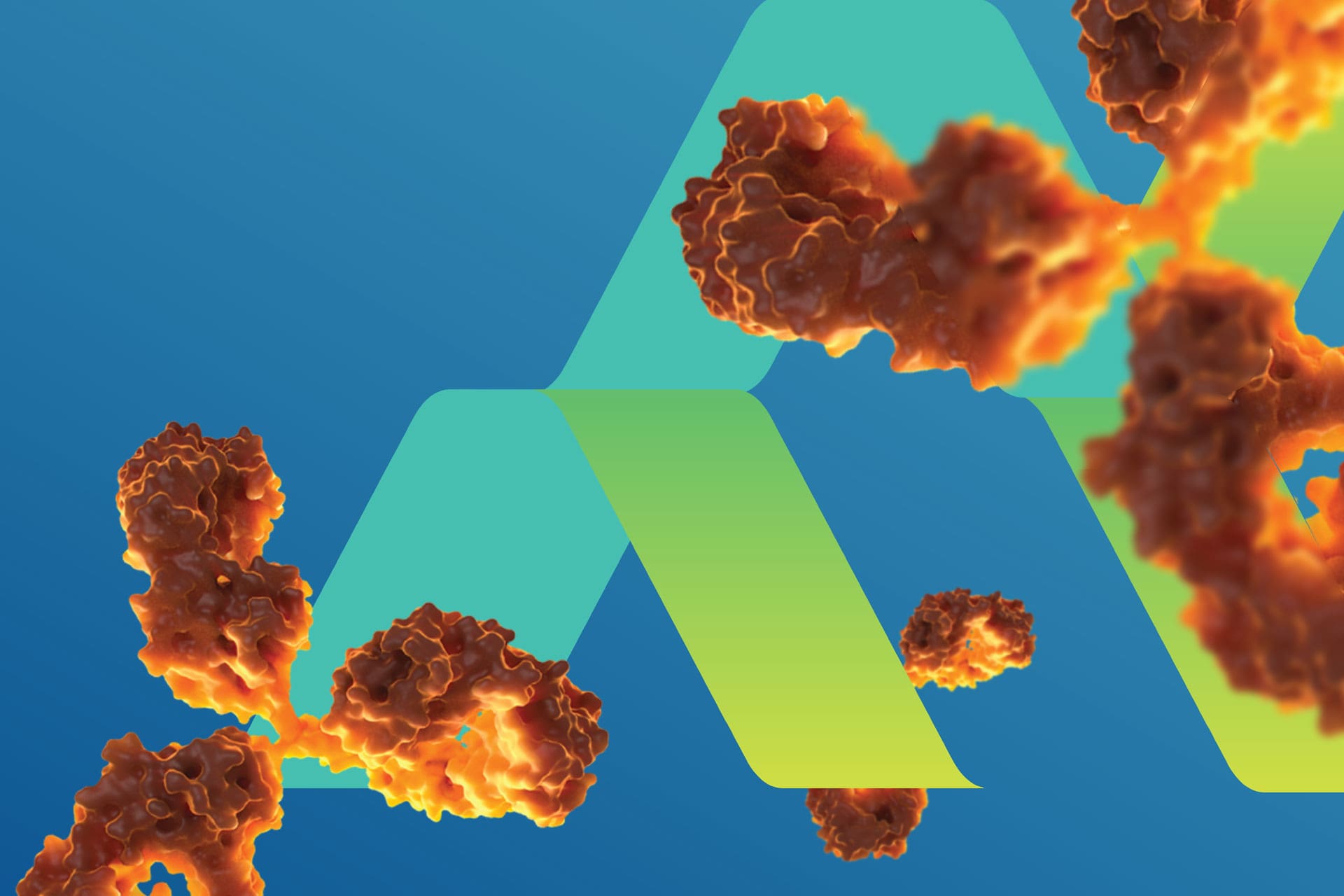Therapeutic Areas
Inflammation
Celldex is currently developing antibody therapies for diseases with mast cell involvement, including chronic allergic/inflammatory disorders and autoimmune diseases.
Barzolvolimab (CDX-0159) is a humanized monoclonal antibody that specifically binds the receptor tyrosine kinase KIT with high specificity and potently inhibits its activity. KIT is expressed in a variety of cells, including mast cells, which mediate inflammatory responses such as hypersensitivity and allergic reactions. KIT signaling controls the differentiation, tissue recruitment, survival and activity of mast cells. In certain inflammatory diseases, mast cell activation plays a central role in the onset and progression of the disease.
Chronic urticarias (Hives/Wheals)
Urticarias are red, itchy hives/wheals that result from an inflammatory skin reaction that are driven by activation of the mast cells in the skin. The condition is considered chronic if the hives appear for more than six weeks and recur frequently over months or years. These diseases can be severe and debilitating with a significant impact on quality of life and limited treatment options. Chronic urticarias can be inducible (caused by a specific trigger) or spontaneous (no known cause).
Chronic inducible urticaria (CIndU)
CindU is characterized by the occurrence of hives/wheals that are associated with a specific cause or trigger. The three most common triggers include: physical contact with the skin known as Symptomatic Dermographism (SD), cold or below body temperatures known as Cold Urticaria (CU) and sweating/ increases in body temperature known as Cholinergic Urticaria (CholU). Patients suffer both physically and psychologically with impaired quality of life.
Chronic spontaneous urticaria (CSU)
CSU is characterized by the occurrence of hives/wheals for 6 weeks or longer without identifiable specific triggers or causes. The activation of the mast cells in the skin (release of histamines, leukotrienes, chemokines) results in episodes of itchy hives, swelling and inflammation of the skin that can go on for years or even decades. Current therapies provide symptomatic relief only in some patients.
Prurigo nodularis (PN)
PN is a chronic skin disease that causes hard, intensely itchy lumps/nodules to form on the skin. Intense itching (pruritus) causes people to scratch themselves to the point of bleeding or pain – scratching can cause more skin lesions to appear, perpetuating the disease cycle. Mast cells are believed to play an important role in amplifying chronic itch and neuroinflammation. PN causes a significant quality of life impact: sleep disturbance, psychological distress, social isolation, anxiety, depression.
Eosinophilic esophagitis (EoE)
EoE is the most common type of eosinophilic gastrointestinal disease, a chronic inflammatory disease of the esophagus characterized by the infiltration of eosinophils. Chronic inflammation can result in trouble swallowing, chest pain, vomiting and impaction of food in the esophagus – a medical emergency. Currently, there are limited treatment options for EoE.
Other mast cell driven diseases
Celldex is currently examining multiple mast cell driven diseases to potentially expand the development of CDX-0159. These include dermatologic, respiratory, gastrointestinal, allergic and ophthalmic conditions.
Bispecific Platform - Inflammation
Complex diseases such as inflammatory and autoimmune all involve multiple immune pathways - bispecific antibodies can engage two independent pathways involved in controlling immune reactions. Celldex’s deep antibody experience and in-house manufacturing capabilities support efficient development of targets which are selected based on new science as well as their compatibility to be used in bispecific antibody formats with our existing antibody programs.
CDX-622 targets two complementary pathways that drive chronic inflammation, potently neutralizing the alarmin thymic stromal lymphopoietin (TSLP) and depleting mast cells via stem cell factor (SCF) starvation. Combined neutralization of SCF and TSLP with CDX-622 is expected to simultaneously reduce tissue mast cells and inhibit Type 2 inflammatory responses to potentially offer enhanced therapeutic benefit in inflammatory and fibrotic disorders.
